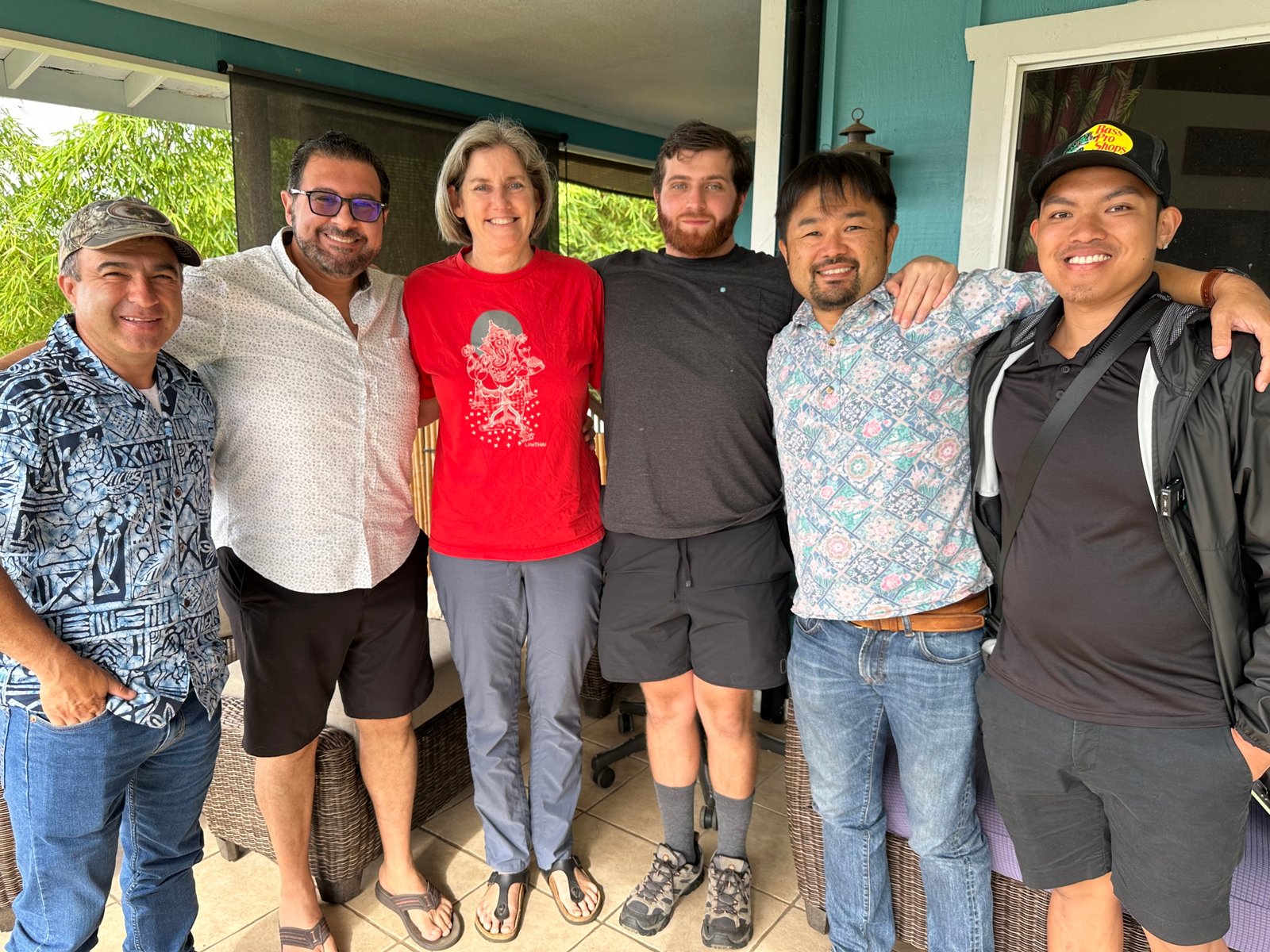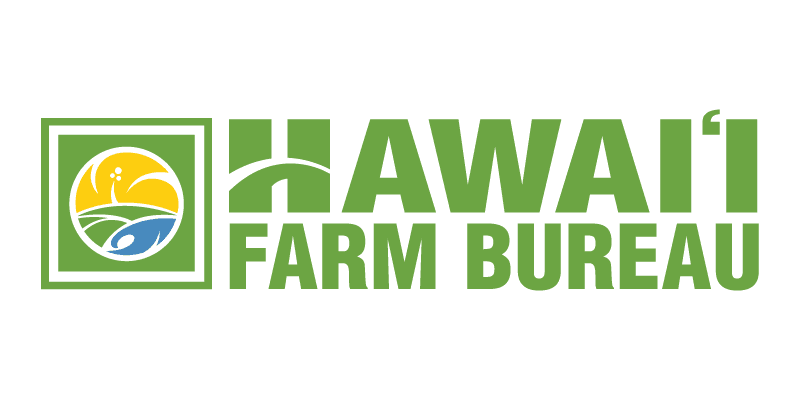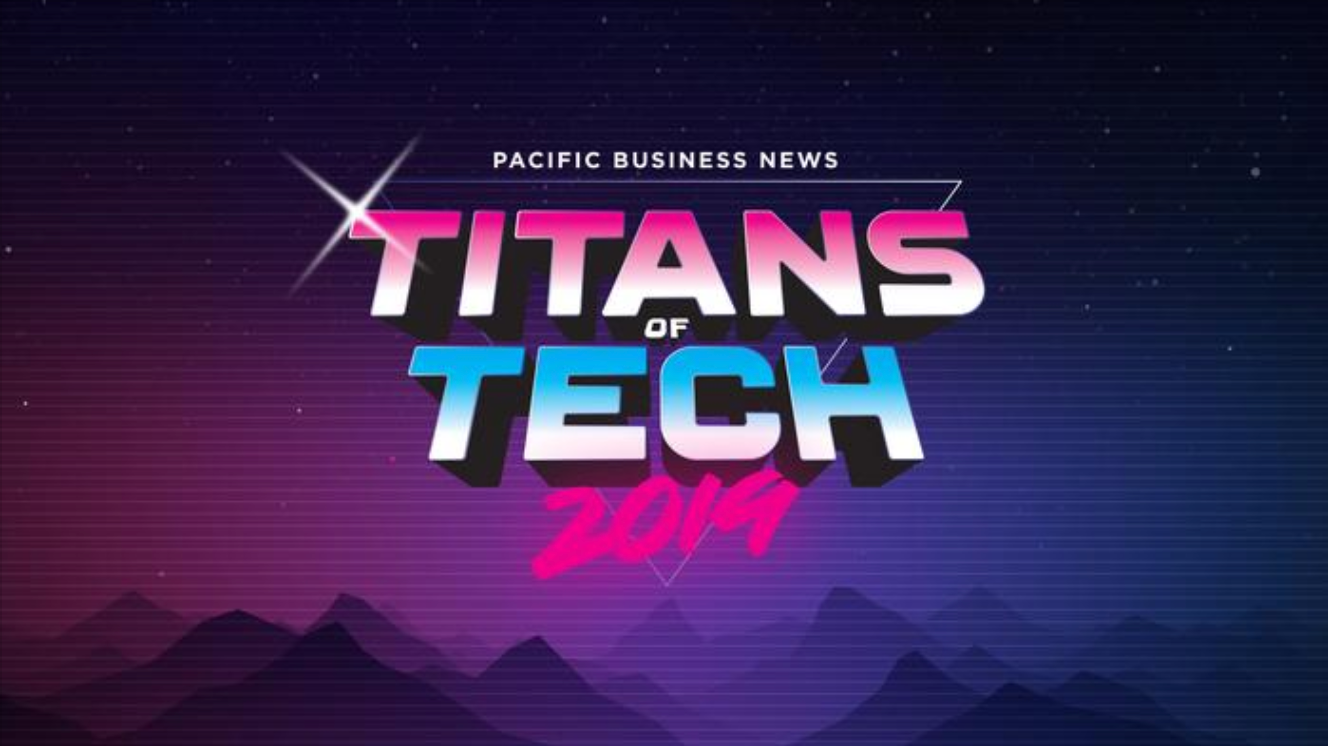The incorporation of cutting-edge technology in ag-tech marks the latest evolution of the local startup, as lead founder Vincent Kimura returns to the position of CEO.
Hawaii-based agriculture technology company Smart Yields and its partners at the Pacific Basin Agricultural Research Center (PBARC) in Hilo were selected as one of only five teams nationwide to receive a USDA innovation grant focused on artificial intelligence (AI) and machine learning (ML).
The proposal—pitching a “CoffeeMD” computer vision platform that can rapidly identify the source of damage on coffee as being pests, diseases, or nutrient deficiencies—earned $100,000 from the AI Innovation Fund, under the USDA’s Agriculture Research Service (ARS). The judging panel included national program leaders from across every ARS national program area.
“Coffee is the second most valuable agricultural commodity in Hawaii, but with more than 1,000 coffee farms statewide and only one assigned extension agent, our ability to help farmers on-site is limited,” said ARS Research Biologist Melissa Johnson, who will serve as the AI/ML project’s principal investigator. She is with PBARC. “An urgent need exists for growers to be able to rapidly identify issues in their fields without needing to resort to an agent or having to search through lengthy documents online,”Johnson added.
“Machine learning and computer vision approaches will provide for automated identification of damage caused by coffee pests and diseases, as well as nutrient deficiencies and toxicities,” Johnson continues. “We will work with a variety of partners and capitalize on the ARS SCINet to build an expert-curated library comprising thousands of images that will be used to train a neural network to support farmers in the field.”
The SCINet initiative is an effort by the ARS to grow USDA’s research capacity by providing scientists with access to high-performance computing clusters, high-speed networking for data transfer, and training in scientific computing. SCINet should provide critical computational capacity for CoffeeMD AI model development. Although the proposal only calls for a proof-of-concept demonstration, the objective is to integrate the AI tool into Smart Yields’ Best Beans app—launched in 2021 and funded by a separate USDA Innovation Award.
Other partners include the Synergistic Hawaii Agriculture Council (SHAC), a non-profit founded by three statewide agriculture associations: the Hawaii Papaya Industry Association (HPIA), the Hawaii Floriculture and Nursery Association (HFNA), and the Hawaii Coffee Association (HCA). SHAC represent 519 businesses, from growers to processors and shippers, representing 90 percent of each industry’s production.
“We have been working with Smart Yields and PBARC for years to bolster the resources available to Hawaii farmers, strengthening their businesses and nurturing their passion for growing,” said SHAC administrator Suzanne Shriner. “This partnership will hopefully lead to even greater opportunities and advancement for Hawaii’s critical agriculture industry.”
SHAC will serve as the logistics and fiscal coordinator for the “CoffeeMD” AI/ML project and will assist Smart Yields and PBARC in leveraging the pilot to spark broader ag-tech adoption in Hawaii.
“Artificial intelligence has recently captured the public’s imagination as new, generative large language models are poised to transform every sector of business,” said Smart Yields CEO Ryan Ozawa. “But the machine learning models we will be deploying are time-tested, proven tools that could someday diagnose plant problems faster and more accurately than humans—the most limited resource in a global push to revitalize farming as both an economic engine and a critical part of community sustainability.”
With the successful launch of the “CoffeeMD” project, which further expands the capabilities of the Best Beans app, Ozawa will be stepping down as Smart Yields CEO, and lead founder Vincent Kimura will return to the helm for the company’s next chapter.
“Vincent conceived of Smart Yields nearly a decade ago, and he’s the leader it needs for its next evolution,” Ozawa said. “While I will continue to support the company, I will focus more on the broader Hawaii innovation ecosystem—including launching the nonprofit Kilinahe Foundation to build Hawaii’s tech community and create more local opportunities for Hawaii’s young people.”
Ozawa was elevated to CEO in January 2021, as Kimura served as the Director of Programs and Partnerships at the University of Hawaii Office of Innovation and Commercialization, which relaunched its incubator last year. Ozawa, Kimura, and Isar Mostafanezhad—CEO of high-performance computer chip designer Nalu Scientific—founded Smart Yields in 2015. The company launched out of the Blue Startups tech accelerator, was selected for the Go-to-market Track cohort of Elemental Excelerator in 2017, and traveled to Rome in 2019 as part of the first cohort of the Vatican-blessed Laudato Si sustainability accelerator.








Leave A Comment